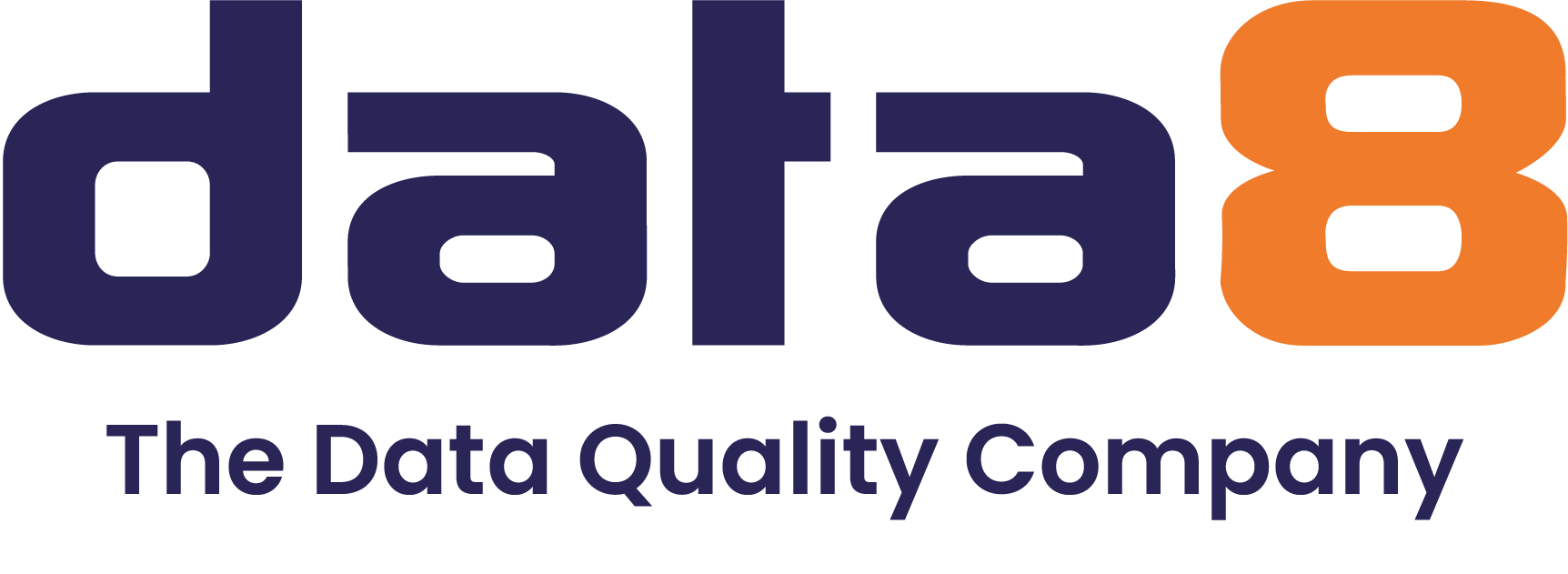
Data has a shelf life. It can decay, degrade, age, or turn stale; meaning that the data you store is potentially outdated and incurring costs. In a study conducted by Gartner, it was revealed that poor data quality costs organisations on average $12.9 million (around £10.4 million) annually.
But what does this mean for you? Contact details collected, whether last week or 5 years ago, are subject to change. People move houses, change names, get new jobs, and upgrade their phone numbers. Once an individual changes these details, the information stored in your database becomes outdated and contributes to data decay.
Impacts of Data Decay
Data starts to depreciate from the moment it is captured. On average, data decays at a rate of 30% per year. In real terms, a database of 10,000 contacts equates to 3,000 outdated records in year one, with a further 2,100 records becoming outdated in year two. Approximately half of the original database could become unusable after two years.
The most damaging effects of Data Decay on Businesses
Cost to the Business
Apart from the immediate impact on revenue outlined above, one of the largest loses is the cost to acquire the data in the first place. Although it differs per industry, if we take a cost per lead of £25, using the example above, that is a cost of £127,500 to acquire the leads that are now no longer contactable.
Decayed data can directly affect the impact of sales and marketing. If marketing campaigns are based on inaccurate data, they will not reach their intended audience, which will result in lost opportunities, wasted conversions, and a reduction in ROI, and ultimately result in a reduction in the efficiency of the sales pipeline.
Reputation Damage
Reputational damage can be more costly and time consuming to fix than a financial impact.
Melody Chien, Senior Director Analyst, Gartner, recognises that good quality data provides a better understanding of customers and can cultivate better relationships. On the flip side, decayed data can lead customers to lose trust in an organisation and where personal data of deceased individuals are involved, can cause immense distress.
Inaccurate or incomplete data can also lead to Compliance violations. Data decay is a real risk to data compliance, a huge 18% of telephone numbers change annually, and email addresses decay at a rapid pace of 22.5% annually. Holding accurate data and personal data preferences is key to avoiding compliance complaints.
How you can avoid data decay
Data decay has two main contributing factors:
- Consistently changing details
- and the incoherent use of software and systems.
Taking steps to manage these factors will start to reduce data decay within your CRM. A regularly maintained database is the only way an organisation can prevent data decay from occurring, however, we understand that this is a time-consuming task for any business to undertake.
The simplest, most effective way to begin your data quality journey is to identify existing data quality issues within your CRM. Data8 offers a free data quality audit for your database. This involves examining your data sets and identifying, inaccurate or duplicate files. This is an excellent starting point to identify the scale of your data decay and a solid foundation for the creation of a data quality management program.
Data8 can provide expert advice on how to tackle the issues highlighted in the data quality audit and work with you to create rules to cleanse, standardise and enhance your data quickly and securely. With options to cleanse within your system or via a secure file upload, it could not be simpler to eradicate data decay.
Why Data8
Working with a trusted partner, like Data8, allows data cleansing to be conducted regularly reducing the impact of data decay, saving you both time and money. We pride ourselves on data independence, we are not owned or influenced by major data providers. We have access to the widest range of industry-leading data sources to support organisations in pursuing the highest possible data quality. Our technical support and dedicated Client Success Team are here to help at every point, making it easier to cleanse data to maximise ROI from your datasets.
